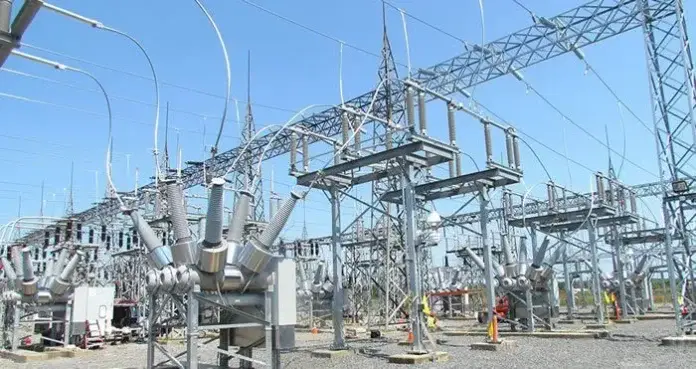Copyright ghanamma

Ghana’s manufacturing sector is sounding alarm bells over electricity costs that industry leaders say are crushing competitiveness and threatening the country’s industrialization ambitions, even as the government pursues an ambitious renewable energy transition. The Food and Beverages Association of Ghana, Ghana Union of Traders Association, and Ghana Plastic Manufacturers Association expressed outrage this week at plans by the Public Utilities Regulatory Commission to increase electricity tariffs next year. The groups warn that persistent hikes are forcing businesses to downsize or shut down operations entirely. Seth Twum-Akwaboah, Chief Executive Officer of the Association of Ghana Industries, called for fair and objective electricity tariff negotiations to ensure competitiveness, noting that industries need energy at competitive prices to survive against foreign competition flooding Ghana’s markets. The timing couldn’t be more challenging for manufacturers. Electricity tariffs began climbing sharply in 2022 when the Public Utilities Regulatory Commission approved a 27.15% rise, followed by additional increases that pushed tariffs up about 100% over nine months under the IMF program. Another 14.75% increase is reportedly set for May 2025. For energy-intensive industries like cement manufacturing, breweries, cold storage facilities, and agro-processing firms, these increases translate directly into production costs that erode profit margins. Many businesses now spend more on backup generators and battery storage than on actual production, an unsustainable situation that puts them at a disadvantage against imported goods produced with cheaper power elsewhere. Industry associations argue the current pricing system punishes honest businesses and rewards inefficiency, forcing law-abiding consumers to subsidize losses caused by mismanagement and corruption within the power sector. They warn that when electricity becomes unaffordable, it becomes a target for illegal connections, creating a society where honest business owners suffer while defaulters thrive. The government’s push toward renewable energy adds complexity to an already difficult situation. Ghana has unveiled investment opportunities worth $3.4 billion in its renewable energy sector, planning to add 400 megawatts of renewable capacity within five years to raise the share of renewables from seven percent to 15 percent by 2030. While renewable energy expansion promises long-term benefits, the transition costs are being felt immediately by businesses. Ghana’s energy sector carries significant debt from years of accumulated financial shortfalls because power pricing does not recover full costs, even though consumers already consider tariffs high. Small and medium-sized enterprises bear a disproportionate burden. Without access to the capital that large corporations use to install private solar systems or negotiate special rates, SMEs face the full brunt of grid electricity costs plus the expense of backup power during frequent outages. The absence of differential tariffs in Ghana’s 2025 Budget has significant implications, as industries must pay the same electricity rates throughout the day without incentives to shift operations to off-peak hours. This represents a missed opportunity to reduce costs for businesses willing to operate during times when grid demand is lower. The stakes extend beyond individual businesses. Edward Obeng-Kenzo, Acting Chief Executive of the Volta River Authority, acknowledged that Ghana’s economic transformation requires strong collaborative relationships between government, the power sector, and business community, stating that industrialization cannot proceed without reliable and affordable electricity. Industry groups are calling for comprehensive reforms including independent audits of power generation and distribution costs, transparent tariff structures that reward efficiency rather than subsidizing inefficiency, and urgent relief measures for businesses struggling under current rates. The government faces a delicate balancing act. It must keep utility companies financially viable while ensuring electricity remains affordable enough to support industrial growth. Currently, neither objective is being met satisfactorily. Utility companies struggle with debt and delayed payments, while manufacturers say they can’t compete internationally with current power costs. Industry associations emphasized that no amount of higher tariffs can sustainably compensate for inefficiency, poor revenue collection, and corruption, insisting the government and regulatory commission must acknowledge the current system is killing jobs, discouraging investment, and fueling criminality. For Ghana’s vision of becoming a 24-hour economy and regional manufacturing hub, energy policy may prove the decisive factor. Every potential investor examines power costs and reliability before committing capital. If those fundamentals remain unfavorable, manufacturing investment will flow to countries with more competitive energy environments. The question now is whether policymakers can reform the sector quickly enough to prevent further industrial decline while simultaneously pursuing the renewable energy transition the country needs for long-term sustainability. So far, the evidence suggests manufacturers are losing patience waiting for answers.



